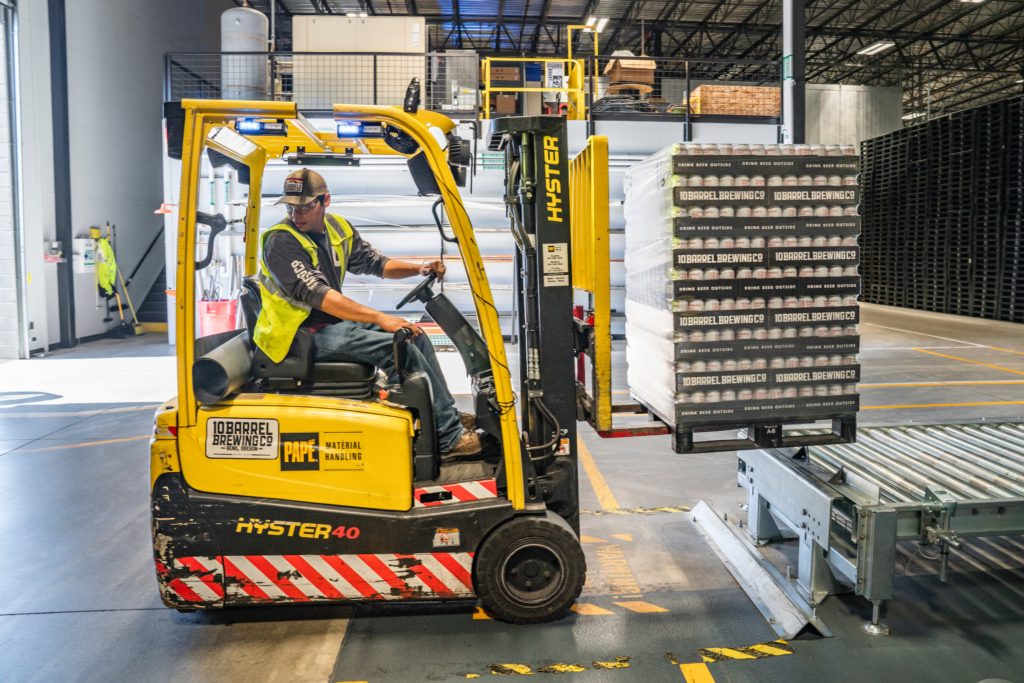Why is there a UK skill shortage?
Unemployment might be up since the pandemic, but some employers are struggling to fill roles because applicants don’t have the right skills.

New reports released suggest that we are currently facing a UK skill shortage, with more than half of businesses reporting that they can’t find skilled workers to fill certain roles.
This might seem unusual at a time when unemployment is high. As the Learning and Work Institute pointed out in a report just before Christmas, in the post-pandemic landscape the number of vacancies and hours worked have declined, while redundancies are rising and unemployment levels are expected to continue to soar and remain above pre-pandemic levels until 2024.
Herein lies the gap. With so many looking for work, it is clear there is no UK labour shortage. However, there is a UK skill shortage.
Some of the skills British employers feel are missing are transferrable. According to The Open University Business Barometer 2020, two in five employers said they are struggling to recruit staff with leadership skills, while 38% are failing to find candidates with the right managerial skills.

With these skills gaps impacting senior roles, some workplaces are looking to invest in junior roles in order to train staff up with the right skills to fill such vacancies in the future. As such, the Barometer suggests that 58% of employers will hire additional apprentices in the next year, with nearly half believing apprentices will be “critical” for the recovery of businesses after the pandemic.
Other current skills shortages in the UK are more specific. In the pandemic, the type of roles that have remained viable has shifted. Sectors such as hospitality and events have been hit hard, and, as such, some people previously working in badly impacted industries are looking to change to more secure careers. The crisis has also opened up opportunities in other sectors, with certain industries reporting strong growth.
At the end of last year, The Skills Network analysed 1.5 million job postings to determine where the areas of opportunity are for those who wish to retrain or upskill. It found that the most in-demand skills were – in order of prevalence – auditing, nursing and accounting.
Mental health-related skills were in high demand within the nursing sector – no doubt spurred on by the psychological impact of multiple lockdowns – with a 21% increase in related job postings. Meanwhile, suitably skilled candidates for jobs relating to auditing and accountancy are in short supply, according to 60% of chief finance officers.

Tech skills were also in demand, showing a growth of 7.3% annually. Jobs that required experience in programming, coding and software development were particularly prevalent, with key desired skills being experience in software programmes JavaScript, SQL and Python.
Another key area of growth is the green energy economy. According to The Skills Network, in 2018 there were 185,000 people in England working full time in jobs relating to low-carbon and renewable energy. It is expected that this could rise to 694,000 by 2030 and be as high as 1.18 million by 2050.
With the British prime minister setting a goal to achieve net-zero carbon emissions by 2050, you can be sure that this is a sector in which there will not be career shortages in the UK. The £2 billion in green home grants will deliver an expected 100,000 jobs for builders, plumbers and other tradespeople; further boosted by a £1 billion programme to make public buildings more energy efficient. Though businesses are struggling right now to fill some roles, the UK skill shortage actually paints a picture of opportunity for many workers displaced by the pandemic. Though the landscape might be shifting as to which jobs – and related skills – are in demand, there is growth and fresh opportunities for those willing to reskill or upskill.
At Free2Learn we provide free courses to help fill the skills gap and help people who are unemployed around the UK to gain the skills and knowledge to get back into employment.




